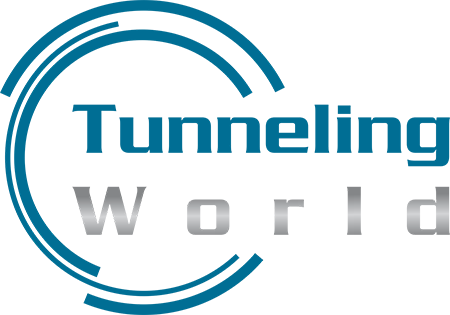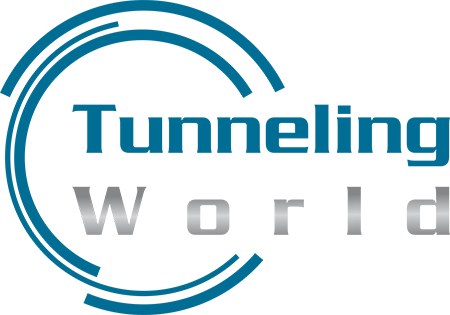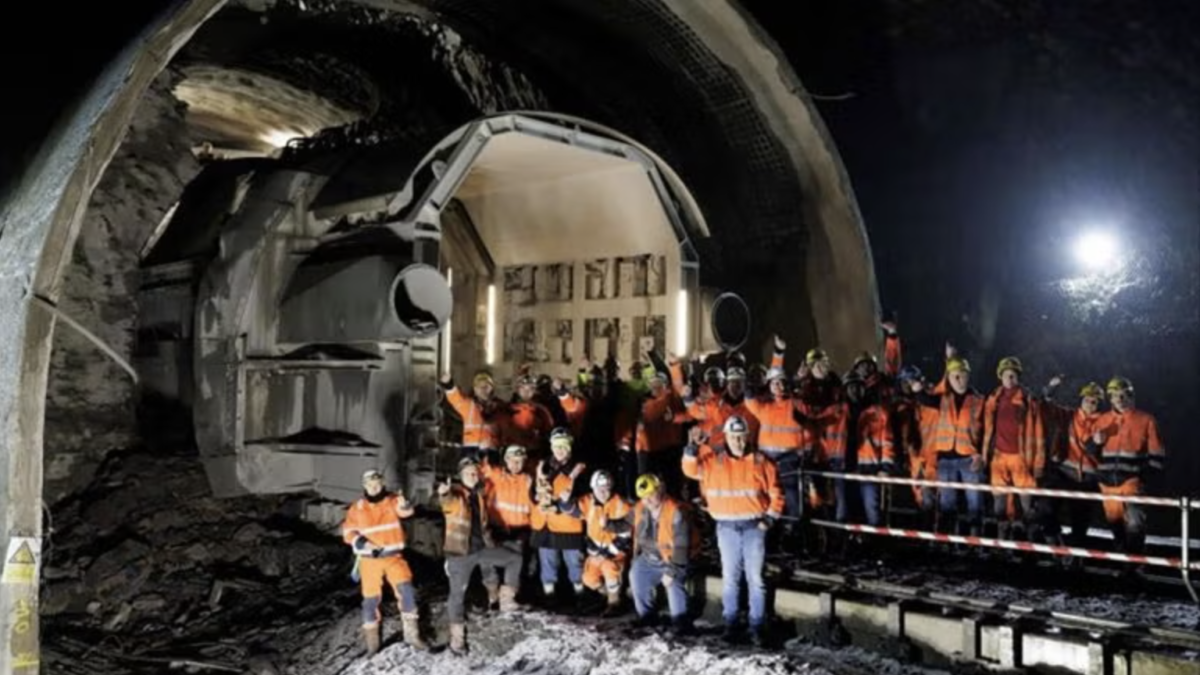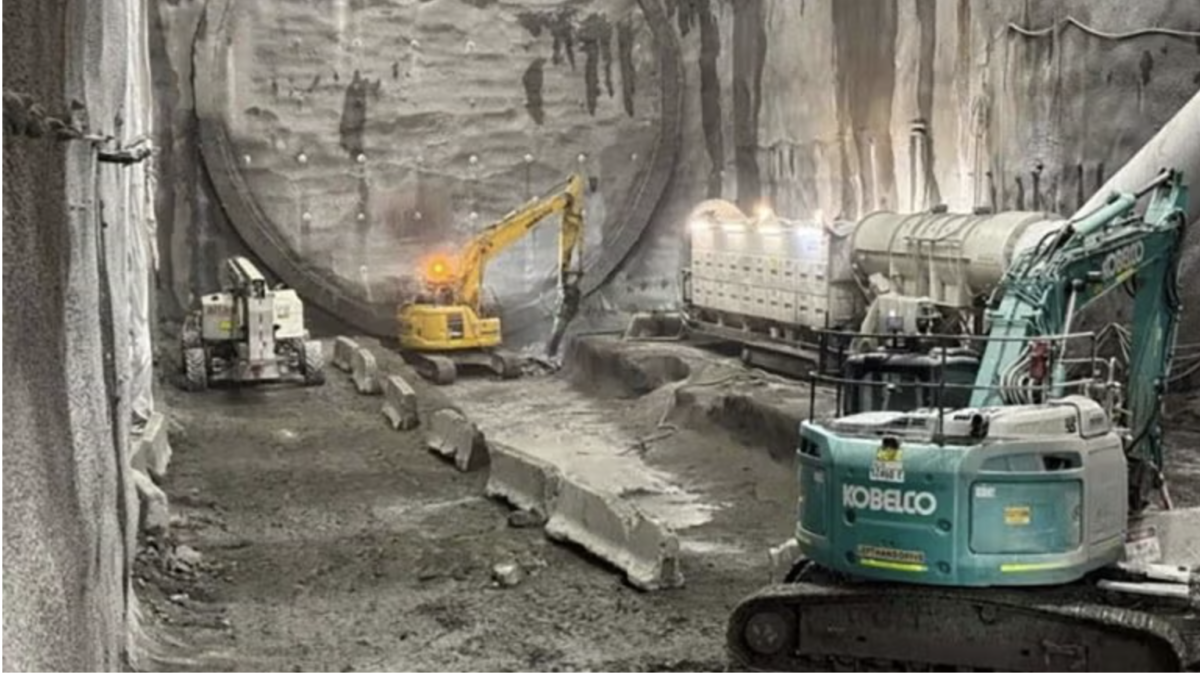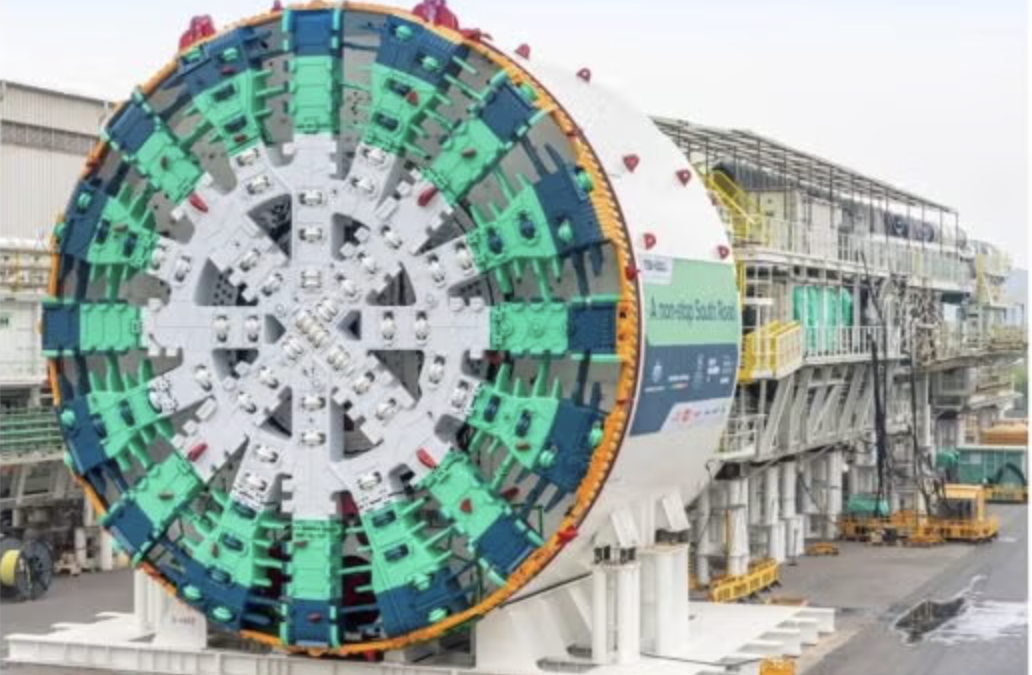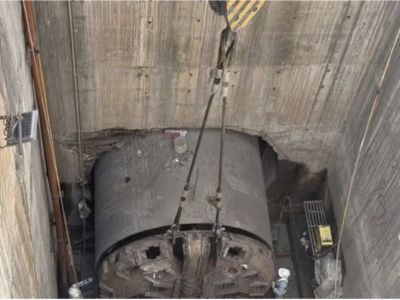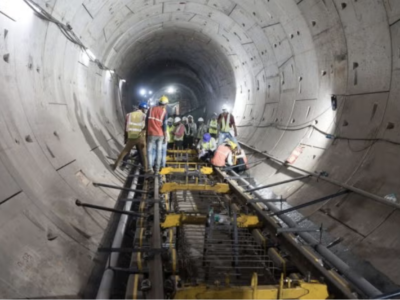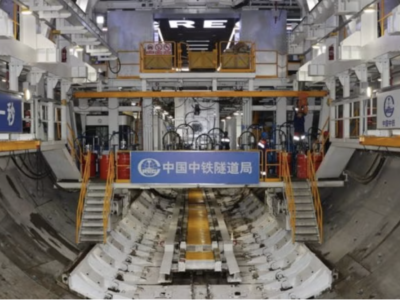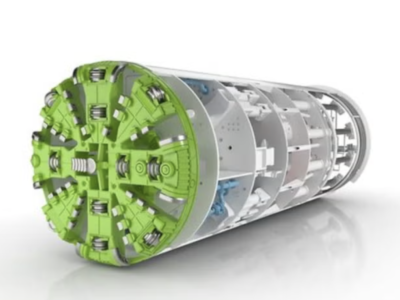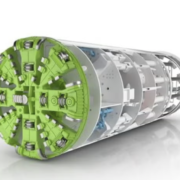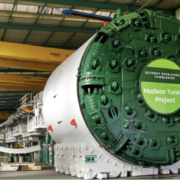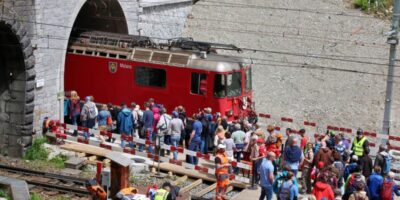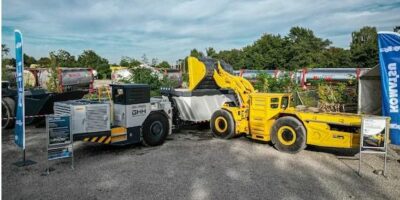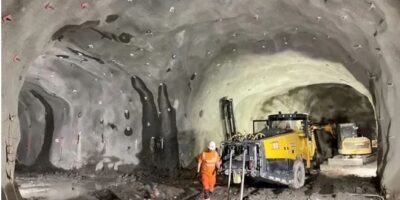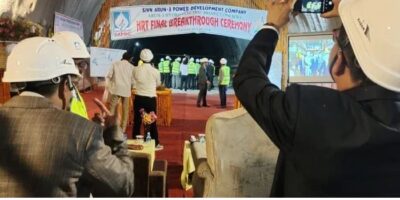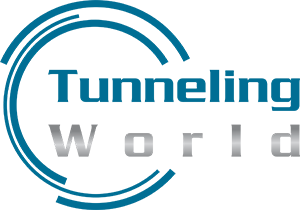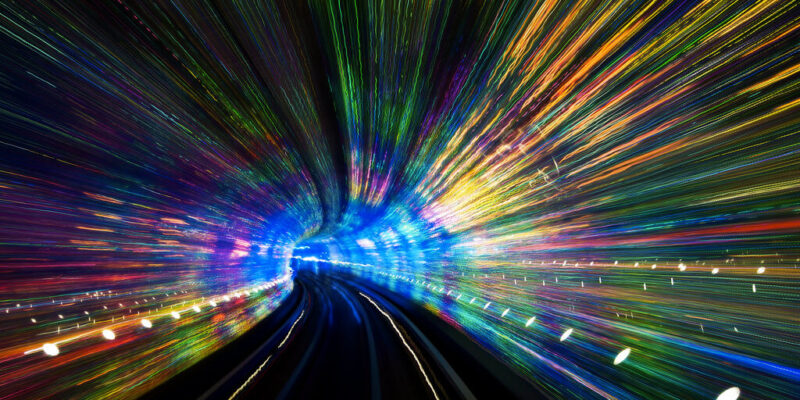
The construction industry is experiencing a transformative revolution, and at the forefront of this shift is the integration of Artificial Intelligence (AI) technologies. Among the diverse sectors within construction, tunneling stands out as a field where AI is making outstanding strides, bringing about enriched efficiency, safety, and accuracy to the complex process of building underground passages. This article explains the application of AI in the construction industry, with a particular focus on tunneling.
Design Optimization
One of the fundamental applications of AI in tunneling is in design optimization. AI algorithms can explore vast amounts of geological and geotechnical data to develop optimal tunnel designs. This exploration includes considering factors like rock density, soil composition, and potential risks related to the specific terrain. Also, AI can adapt and refine designs in real-time, taking unexpected challenges that may arise during construction into account.
Predictive Analytics for Risk Management
Tunneling projects often face risks and uncertainties associated with geological conditions. AI-powered predictive analytics can evaluate and mitigate these risks by investigating historical data from parallel projects, geological surveys, and real-time monitoring. Construction teams can make informed decisions to guarantee the workers’ safety and the successful completion of the project by determining possible challenges before they escalate.
Autonomous Construction Equipment
Autonomous construction equipment usage is another area where AI is changing the tunneling process. AI-powered machines are equipped with sensors and cameras and can navigate through the tunneling environment, modifying their operations in response to real-time data. This technology improves efficiency and decreases the need for human workers to be in potentially hazardous environments, enhancing overall safety.
Real-time Monitoring and Control
AI allows real-time monitoring of tunneling operations. Sensors embedded throughout the tunneling site and in the construction equipment deliver constant data streams, enabling instant analysis and decision-making. This real-time monitoring capability improves the construction team’s ability to react to changing conditions promptly, enhancing project results.
Machine Learning for Quality Control
ML (Machine Learning) algorithms can be employed for quality control during tunneling projects. These algorithms can explore data from different sources, comprising construction equipment sensors and visual inspections, to discover potential problems like structural defects or deviations from the planned design.
Machine Learning models can learn from historical data to enhance accuracy in recognizing and controlling potential issues, guaranteeing the safety and longevity of the tunnel structure.
Energy Efficiency and Sustainability
By optimizing energy consumption, AI can contribute to the sustainability of tunneling projects. Yet, smart systems, based on real-time energy demands, decreasing unnecessary energy usage and reducing the environmental impact of construction activities, can adjust the equipment operation.
The application of AI in the tunneling sector is revolutionizing the construction industry, improving efficiency, safety, and overall project outcomes. From design optimization to real-time monitoring and sustainability efforts, AI is ascertaining to be a beneficial tool in managing the complexities and challenges related to underground construction.
As technology progresses, we can envision even more significant innovations and improvements in the tunneling domain, further shaping the construction industry’s future.
